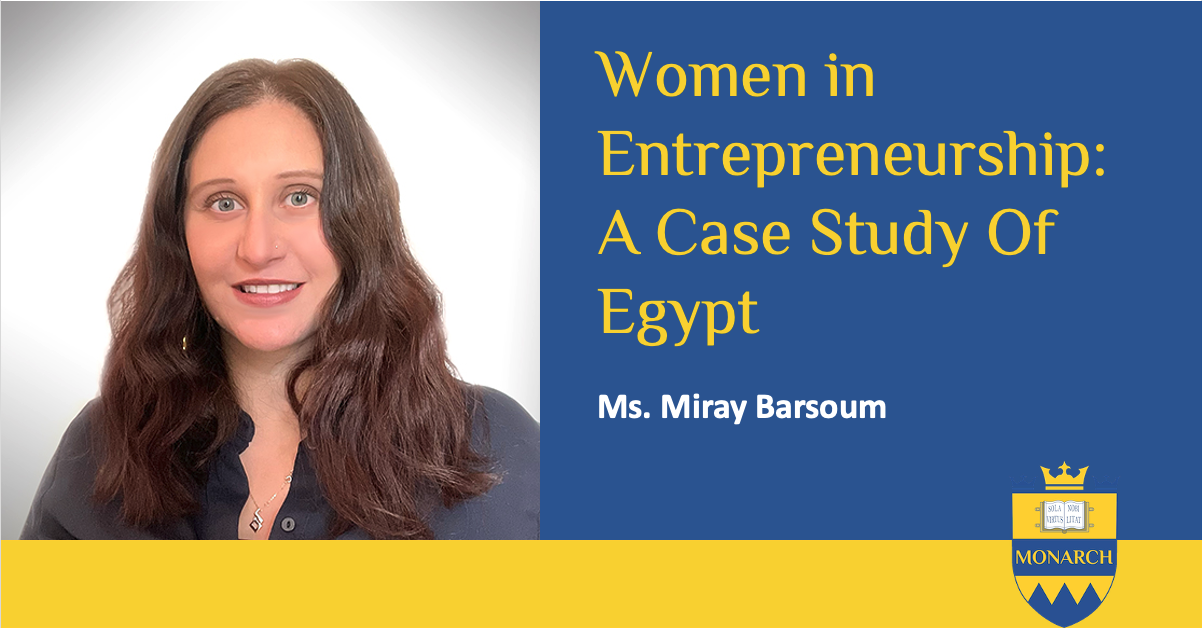Women Entrepreneurs are understood to be an under-utilized group with significant potential for global and national economic growth and development (Hechevarría, Bullough, Brush, & Edelman, 2019; Sajjad, Kaleem, Chani, & Ahmed, 2020). With the necessary drivers to foster their success, women entrepreneurs could enhance national competitiveness, reduce unemployment, lower poverty and social exclusion, and improve Gross Domestic Product (GDP) (Meyer & De Jongh, 2018; Rae, 2015). The McKinsey Global Institute (2015) suggests that by 2025, the global GDP could be increased by $12 trillion by improving women’s access to entrepreneurship opportunities.
Elam, et al. (2019) indicate that the percentage of women who seek to establish their own business remains low in most countries, especially in developing economies (GEM, 2018). Notwithstanding the significant potential role of women in entrepreneurship in developing nations (Meyer & De Jongh, 2018), the efforts exerted by governments to support women entrepreneurs and achieve equality in the workplace (ECES, 2019) so far appear to be unsatisfactory (Krumov, et al., 2015). Women entrepreneurs in developing economies face social, economic, and cultural challenges rarely experienced in more developed economies (Marlow & McAdam, 2015). These women seeking self-emloyment reportedly have reduced access to market prospects, credit facilities, business networks, institutional support, and educational and training opportunities (Dheer, Li, & Treviño, 2019).
Download The Research
The Middle East and North Africa (MENA) region fosters fewer women entrepreneurs than other developing economies (Cawtar, 2007). According to Hassan & Zaharia (2021) and the United Nations Egypt (2016), Egypt has the lowest percentage of women entrepreneurs in the region and ranks amongst the lowest for women in entrepreneurship worldwide (GEM, 2018). Yunis, Hashim, & Anderson (2019) argue that limited research has been dedicated to exploring women in entrepreneurship in developing economies.
The contemplated research will attempt to identify the factors affecting women entrepreneurs in Egypt. A research triangulation method will be employed consisting of: 1. An integrated literature review of the academic domains of: Entrepreneurship, Social Justice, and Motivation; 2. A content analysis of professional and quasi- academic literature, and; 3. An interview process of individual women entrepreneurs and mid-level managerial staff of related organizations within the professional field. A phenomenological research strategy that highlights the lived experiences of the subjects will be employed.

Ms. Mireille Barsoum is a candidate within the Professional PhD Program at Monarch. She holds a Master of Strategic Marketing from the London School of Business and Finance, UK, and an MBA from the Maastricht School of Management (MsM), the Netherlands. She is a Certified Marketing Analyst from UC Berkeley, USA, and holds a Certificate in Marketing Strategy from Cornell University, USA, and a Certificate of Digital Marketing from the Instituto de Empresa (IE) Business School, Spain. Her academic interests include Business Strategy, Management, Strategic Marketing, Marketing Communications, Digital Marketing, Social Media Marketing, Economics, Business Research, Consumer Behavior and Entrepreneurship. Ms. Barsoum also holds the position of Professor of Economics at the American University in Cairo (AUC), and a Professor of Marketing, Critical Thinking, Positive Psychology and Social Sciences at Nile University (NU), Cairo. Previous to this, she was the Director of Marketing and Communications at Nile University. She also headed a Digital Marketing Agency, Raya Social Media, and was a business case writer for El-Khazindar Business Research and Case Center (KCC) at the American University in Cairo.

